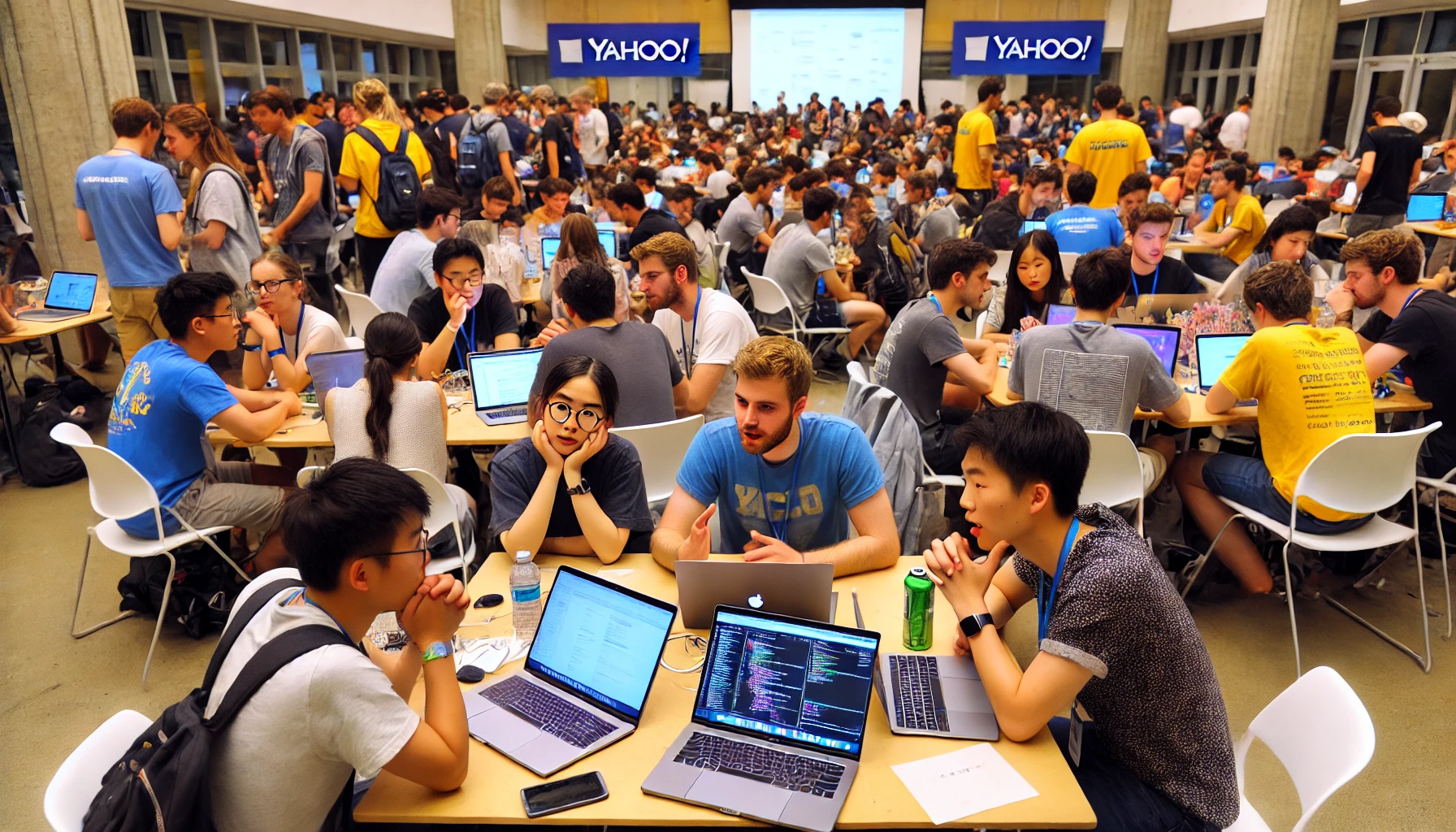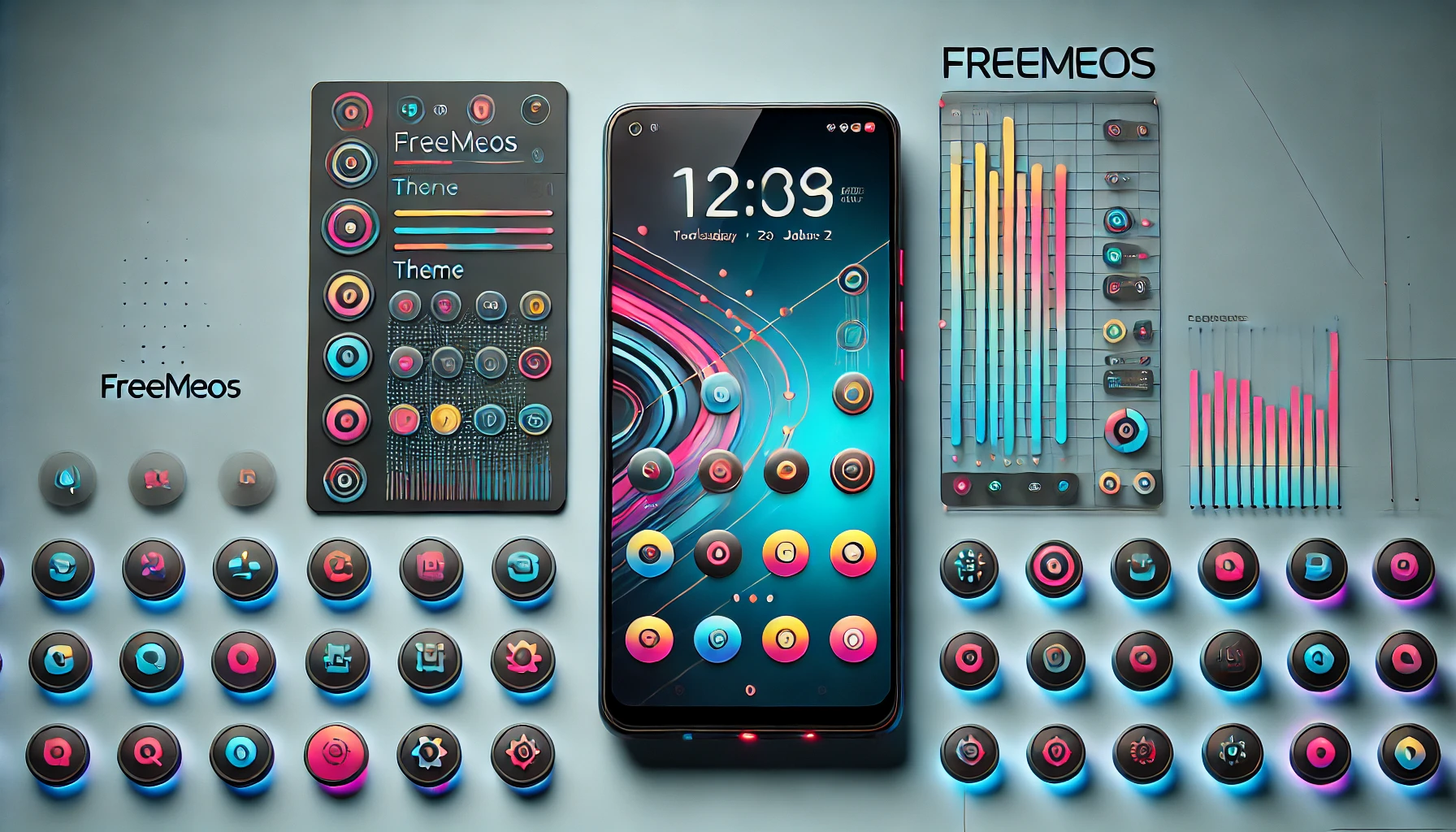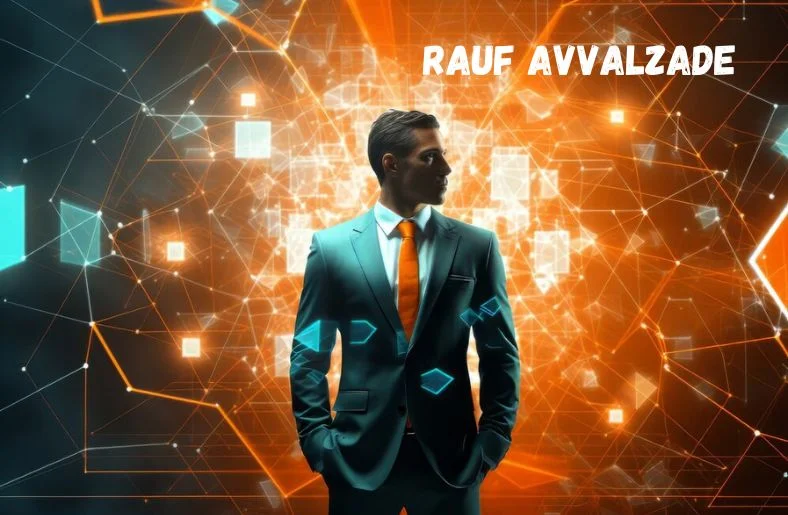In 2011, Yahoo took university hackathons to the next level with the Yahoo 24-Hour Hack-U at UCLA, a coding marathon where sleep was optional but innovation was mandatory. This event combined intense coding, caffeine-fueled collaboration, and friendly competition, all while letting college students learn from some of Yahoo’s brightest engineers. Intrigued? Let’s dive into what made this hackathon unforgettable.
What Was the Yahoo 24-Hour Hack-U at UCLA?
The Yahoo 24-Hour Hack-U at UCLA wasn’t just a coding event; it was an all-nighter, a tech bootcamp, and a playground for ideas. Hosted at UCLA, the Hack-U aimed to gather students from all backgrounds to create functional, inventive, and sometimes outright quirky projects. The kicker? They only had 24 hours to do it.
Yahoo’s goal was simple: unleash the creativity of students and see what could be achieved under pressure with guidance from Yahoo’s tech experts. Spoiler alert: the results were pretty incredible.
Why the 24-Hour Format?
Hackathons usually take a day or two, but Yahoo’s 24-hour format turned the pressure up to maximum. Students were challenged to brainstorm, code, and demo their projects in just one day. The time crunch added a unique twist, pushing students to be resourceful and prioritize innovation over perfection.
The Purpose and Vision Behind Yahoo Hack-U
So, why did Yahoo launch Hack-U in the first place? It was all about sparking innovation, connecting with up-and-coming talent, and giving students a taste of real-world coding challenges. Yahoo saw the Hack-U series as a way to connect with tech-savvy students, help them develop practical skills, and give them insight into the fast-paced tech world.
Yahoo’s Mission: Fueling Innovation at the University Level
Yahoo designed the Hack-U events to foster creativity and collaboration. Unlike a standard lecture or even a typical coding assignment, Hack-U was all about taking an idea and building it—fast. By hosting Hack-U events at universities, Yahoo was able to work directly with students, showcasing the potential of careers in tech and giving them a fun, immersive introduction to the industry.
Event Structure and Activities: What Went Down at Hack-U 2011?
The Yahoo 24-Hour Hack-U at UCLA was a well-orchestrated (if slightly chaotic) event, with a schedule that packed in as much learning and coding as possible. Here’s how it went down:
- Kickoff and Welcome: The hackathon kicked off with a warm welcome from Yahoo engineers, who shared insights into the latest tech trends, coding tips, and an overview of Yahoo’s engineering culture. The excitement was palpable as students listened to pros from the industry.
- 24-Hour Coding Sprint: As soon as the clock started, so did the coding. Students huddled together, laptops in hand, and began brainstorming, problem-solving, and, most importantly, coding. Yahoo’s engineers floated around, offering guidance, technical advice, and the occasional pep talk.
- Demo and Judging Session: After 24 hours of relentless coding, it was time to present. Teams showed off their projects in a fast-paced demo session, where judges looked for creativity, technical difficulty, functionality, and potential impact. It was intense, but the camaraderie and cheering made it clear that everyone was a winner.
Noteworthy Projects and Innovations at Hack-U 2011
The projects at Hack-U 2011 covered a range of creative ideas, from practical tools to innovative apps. Some memorable projects emerged from this fast-paced environment, showcasing the potential of what can happen when imagination meets technology.
Types of Projects
- Mobile Applications: Some teams created apps designed to simplify daily life or entertain users on the go.
- Web Tools and APIs: Others focused on web applications and APIs, building useful tools that provided real value.
- Social Media Integrations: Social media was big in 2011, so several projects tapped into platforms like Twitter and Facebook, creating new ways to connect.
Each project was a testament to the students’ creativity and technical prowess, with some concepts even sparking continued development beyond the event.
The Role of Yahoo Engineers as Mentors and Judges
Yahoo engineers played an instrumental role at the Hack-U, and they didn’t just sit on the sidelines. They were on the floor, sleeves rolled up, sharing insights, offering guidance, and providing the occasional bug fix. They also served as judges, evaluating each project not just on completion but on innovation and future potential.
Mentorship That Made a Difference
The students valued this access to real-world expertise. Engineers helped students brainstorm, troubleshoot, and think critically about their projects. For many students, these interactions were a highlight of the event, offering them a chance to learn from professionals who were actively shaping the tech industry.
Student Experience: Learning, Networking, and Fun
The Hack-U wasn’t just a grind; it was a blast. Students described the event as an exhilarating experience filled with camaraderie, high-fives, and (of course) lots of caffeine. This environment gave students a taste of the tech world, from the fast-paced deadlines to the thrill of seeing a project come to life.
What Students Gained
- Hands-on Learning: Students worked on real-world projects, refining their coding, teamwork, and problem-solving skills.
- Networking Opportunities: They also built connections, both with their peers and Yahoo mentors, which sometimes led to internships or even job offers.
- Fun and Camaraderie: The energy was contagious, and many students walked away with memories and friendships that lasted well beyond the event.
Impact and Legacy of Yahoo Hack-U at UCLA and Beyond
The Yahoo 24-Hour Hack-U at UCLA left a lasting impact, both on the students who participated and on university hackathon culture. By engaging students through Hack-U, Yahoo set an example that many tech companies would soon follow, recognizing hackathons as valuable recruitment and engagement tools.
Long-Term Effects
- Career Inspiration: Many Hack-U alumni went on to pursue careers in tech, inspired by the thrill and challenge of the hackathon.
- University Hackathon Culture: Yahoo’s Hack-U series helped popularize hackathons at universities, inspiring other tech giants to jump on board with similar events.
- Lasting Relationships: Students often maintained connections made at Hack-U, and some returned to future hackathons as mentors themselves.
Why the Yahoo 24-Hour Hack-U at UCLA Stands Out in Hackathon History
The Yahoo 24-Hour Hack-U at UCLA stands out not only as a pioneering event in hackathon history but as a memory etched in the minds of those who participated. It put UCLA on the map as a hub for innovation and helped to establish Yahoo as a brand that valued creativity, community, and young talent.
Key Takeaways
- Yahoo’s Hack-U events fostered creativity and tech talent.
- The 24-hour format pushed students to innovate quickly.
- Hack-U’s mentorship model provided a valuable learning experience.
Conclusion: The Lasting Influence of Yahoo’s Hack-U on the Tech World
The Yahoo 24-Hour Hack-U 2011 at UCLA was more than a hackathon; it was a catalyst for inspiration and a model for tech engagement with students. For those who participated, Hack-U wasn’t just an event but a powerful, career-shaping experience. Today, university hackathons continue to thrive, and we have events like Yahoo Hack-U to thank for paving the way.
So, whether you’re a student, a budding coder, or a tech enthusiast, remember: the next great idea might just be one all-nighter away.





